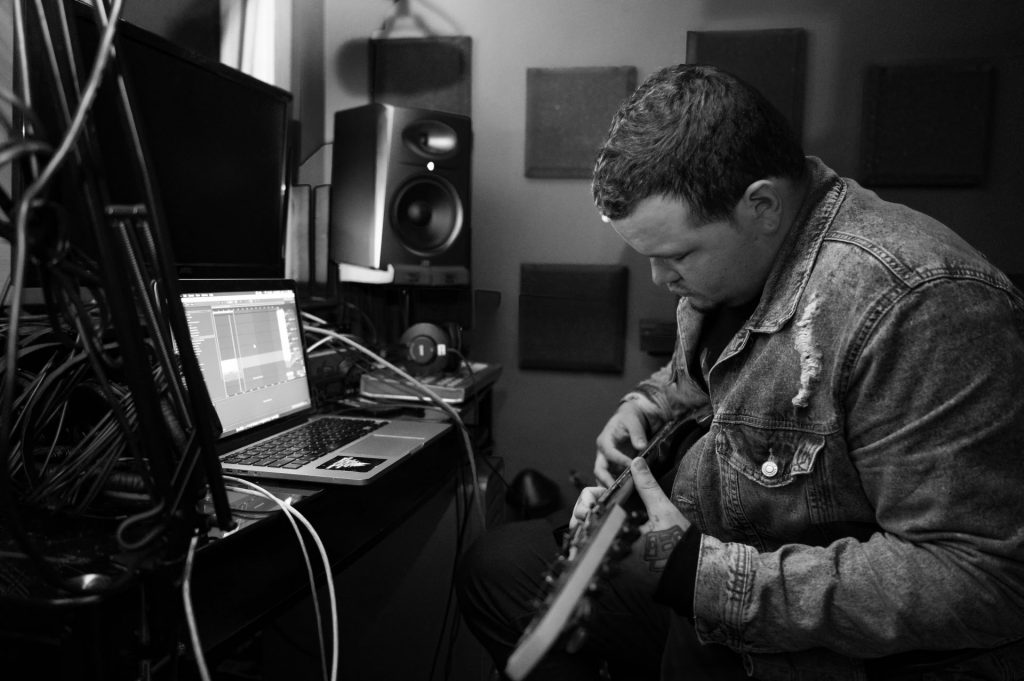
As a producer, artist, beat maker, engineer, or anywhere in between, you deserve to get paid for your art. That being said, understanding the ins and outs of music royalties in the age of streaming can be downright confusing, especially as an independent artist. If you’re actively releasing music or plan on doing so, it’s time to sign up for a performance rights organization or PRO.
Not sure what a PRO is? Not to worry! Below, we’ll break down everything you need to know about registering your music with a PRO and define different types of music royalties so that you can confidently earn from your art. Let’s get started.

What is a Performing Rights Organization (PRO)?
A performing rights organization or PRO is an organization dedicated to collecting royalties for songwriters, publishers, and master rights holders. They collect performance royalties which are different from mechanical royalties. We’ll break down the royalty types further below, but the important thing to remember is that PROs collect royalty sources that are separate from those generated from casually listening on streaming services like Spotify.
Instead, performance rights organizations are dedicated to collecting public performance royalties that are generated whenever a song is broadcasted or performed in public. In the age of streaming, public performance royalties may be more few and far between for artists just getting their start, but nevertheless, you should get in the habit of registering any and all releases.
Understanding Copyright
Before you register for a performance rights organization, it’s important to understand the two tenants of music copyright, publishing, and master rights:
- Publishing or Composition Rights: Composition rights or publishing rights are based on the lyrics and melody of the song. These are the rights generally associated with songwriters, though it’s not uncommon for producers to earn some publishing rights from generating melodies on a song.
- Master Rights: Master rights or recording rights refer to the ownership of the recording. This is usually owned by the artist, a label, or a mixture of the two parties.
Understanding Royalties
Musician royalties can be broken down into three main categories:
Mechanical Royalties
Mechanical royalties are paid to songwriters and publishers whenever a physical copy is created or reproduced in a physical format, or downloaded by a user. This applies for both original and cover songs. These royalties would be paid out when issuing vinyl, CDs, and tapes, and whenever a user downloads a song from services like iTunes.
Public Performance Royalties
When a song (or cover) is performed in public, public performance royalties are due. Examples of scenarios that generate performance royalties include:
- Songs played on the speaker at a restaurant or public setting
- Internet radio features on services like Pandora
- Any live performance by the original artist or covered by someone else
- Songs used in a movie, commercial, or TV show
PROs are responsible for tracking down and disseminating public performance royalties.
Interactive Stream Royalties
Your distributor is responsible for collecting streaming royalties that are generated whenever someone listens to your music on streaming platforms like Spotify or Apple Music.
Choosing a PRO
Whether you wrote 30% or 100% of a song, you should be registered under a performance rights organization if you plan on releasing music consistently. In the United States, the most common PROs are as follows:
Each PRO more or less operates in the same way, and you’ll have the choice to register as a publisher or songwriter. If you own the master of your recording, you’ll have to register as both to receive the full collection of royalties. If you live outside of the United States, you’ll work with the PRO designated for your country. Most PROs will require a small upfront fee to use their services.
When Should You Register Your Music?
If you’re releasing music (as a main artist or songwriter), you should be registered with a performance rights organization. Registering your music when you’re just starting out might not seem like a top priority, but in the event that one of your songs gets a lot of exposure through a sync deal or other public performance, you’ll be incredibly glad you took the time to register your recordings.
Don’t forget that PROs collect royalties for songwriters, composers, and master rights holders, so if you fall into any of these categories, it’s essential to register the projects you were involved in. Make a habit of registering each song to your PRO on release day!

